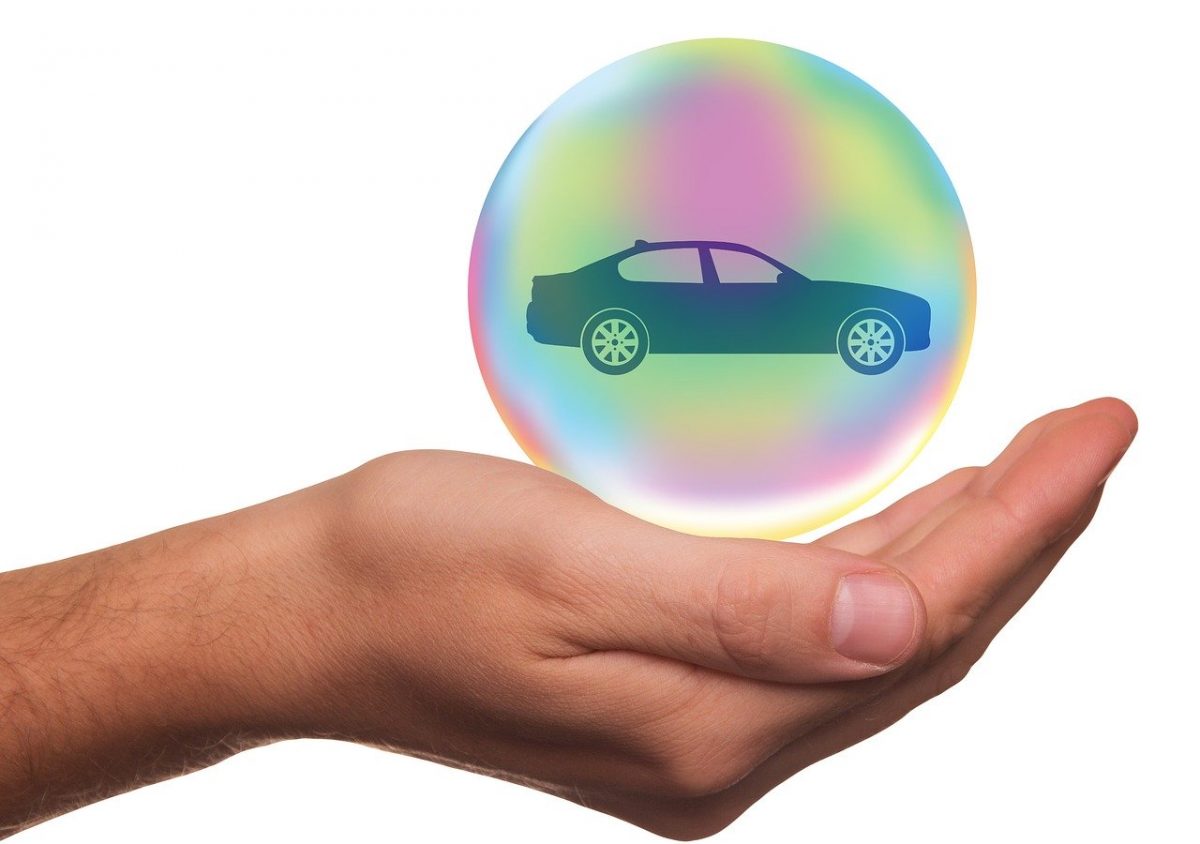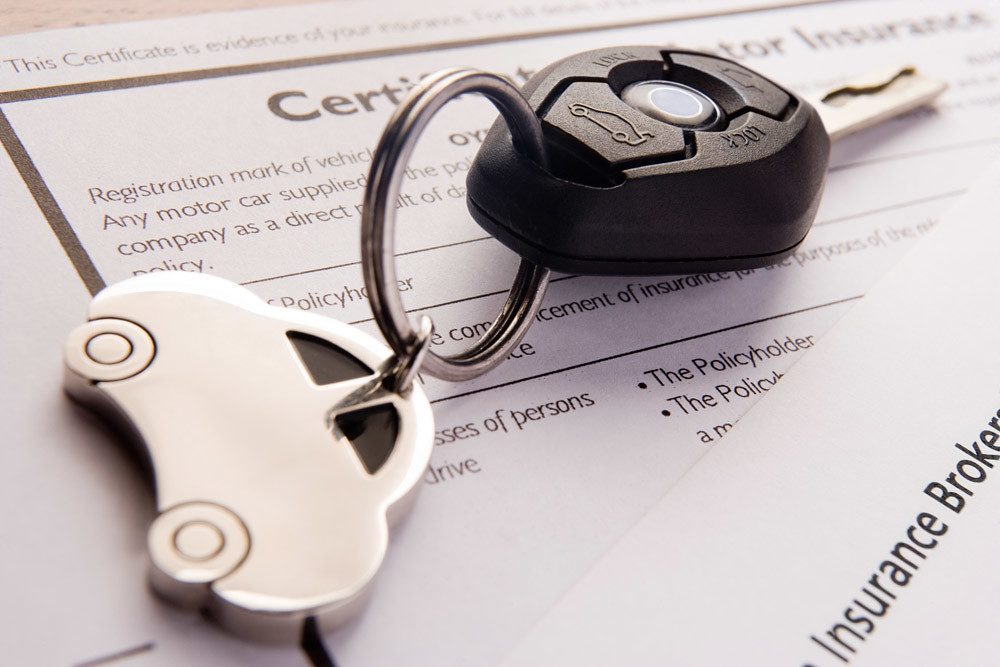Pros and Cons of Usage-Based Car Insurance

Photo: Tumisu via Pixabay
If you’re shopping for car insurance, you might have stumbled upon something called “usage-based insurance.” Like with any insurance type, this one has strengths and weaknesses. Here’s a brief overview of usage-based insurance, so you can make an informed decision on whether or not it’s right for you.
Peace of Mind: Find out about extended plans and services
What it is

Usage-based insurance (often referred to as UBI) relies on a GPS device or smartphone to track when and how you drive your vehicle. The carrier can also track things like seat belt usage, braking habits, fuel consumption, and vehicle speed.
Usage-based plans typically fall into two categories, according to Two Cents’ Mike Winters: pay-how-you-drive (PHYD) and pay-as-you-drive (PAYD). Whereas PHYD rewards you for safe driving behaviors, PAYD rewards you for driving less frequently.
Benefits
There are quite a few advantages to UBI. A UBI car insurance plan can be a great choice if you’re a safe driver who wants a low monthly premium. Per PR Web, if you have a very low measured risk factor, you can secure as much as a 40 or 50 percent discount on car insurance.
Another perk is that UBI provides you with an analysis of driving data so you can improve your driving skills. It also makes it easier to recover your car if it gets stolen, since UBI policies typically require you to install a tracking app or device. This technology can help you locate your lost car more quickly.
Drawbacks
One of the disadvantages of UBI is exposing your personal data to an insurance company. If you prioritize keeping your driving habits and any other driving-related information to yourself, then UBI probably isn’t for you.
You also have to consider your driving habits and how many miles you put on your car. If you tend to speed, drive aggressively, or drive long distances regularly, then it’s a good idea to consider a different type of insurance policy.
Covered for Life: Find out about the K&J Lifetime Warranty program

Whitney Russell resides in Dayton, though her spirit can be found beach-bumming in Puerto Rico (the land of her half-Puerto Rican heritage). When not crafting car-related content, she can be found chasing after the most amazing toddler in the world, watching her “beaver” of a husband build amazing woodworking projects, hanging out with two crazy dogs, and visiting family and friends. She also enjoys traveling, crafting, and binge-watching period dramas when time allows. See more articles by Whitney.

